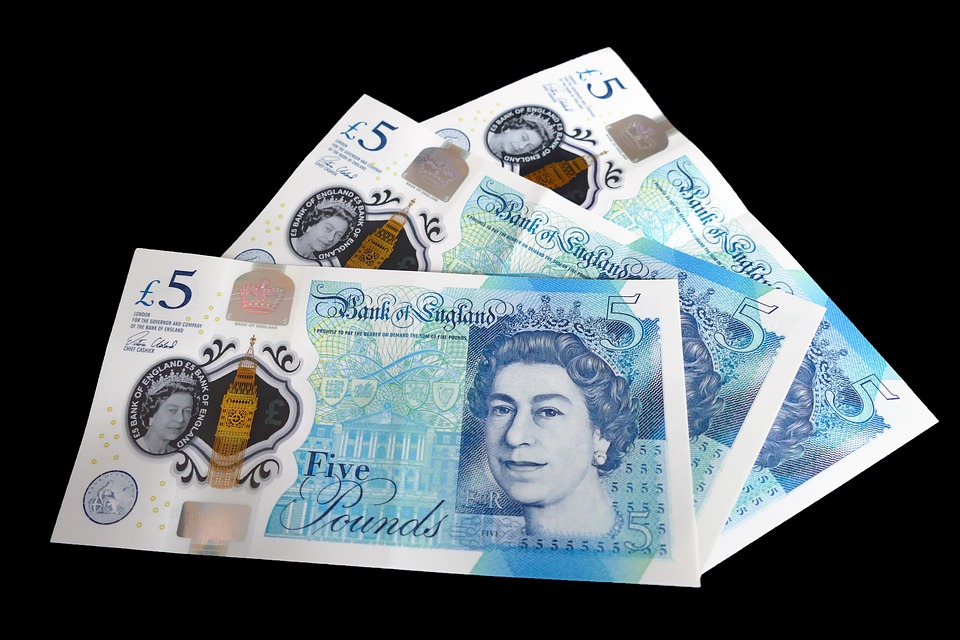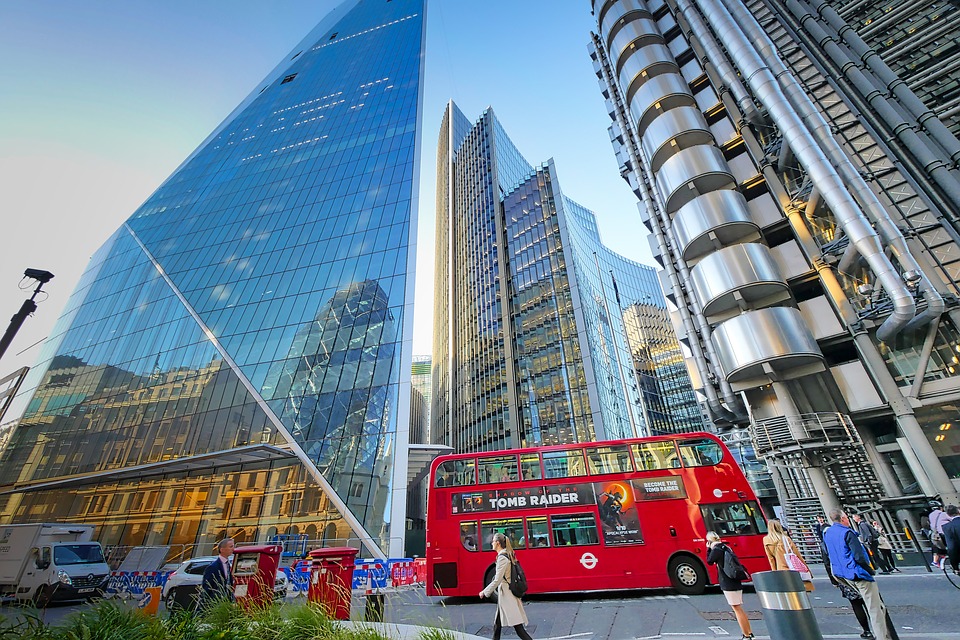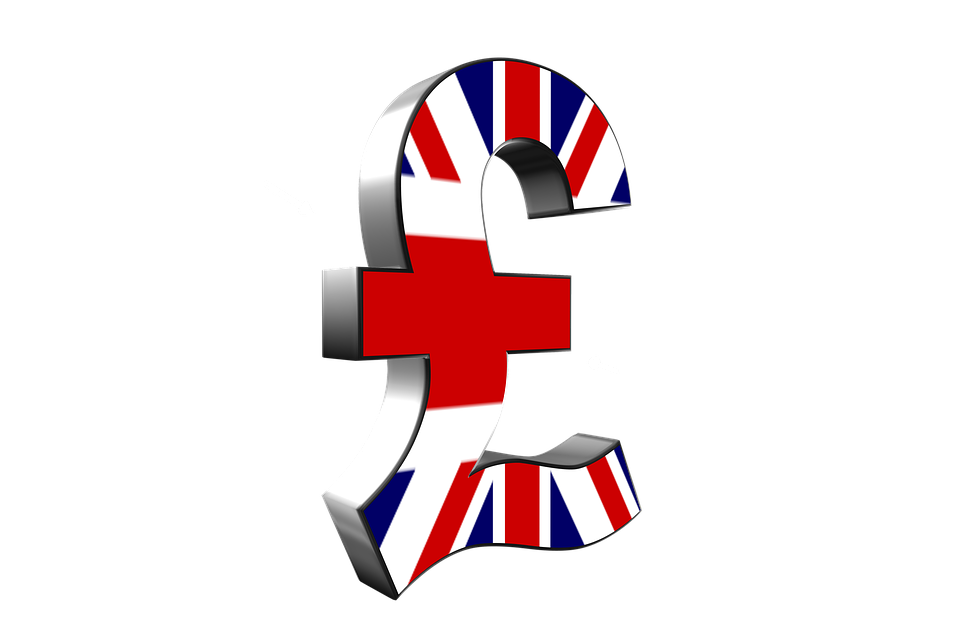THE UK’S economic recovery from the pandemic is likely to be faster than first anticipated, a leading international agency has suggested.
A forecast by the Organisation for Economic Co-operation and Development (OECD) published yesterday shows the vaccine rollout and the lockdown easing were having a more positive effect on the economy than previously predicted.
Experts at the OECD have anticipated that gross domestic product (GDP) will grow by 7.2 per cent this year, and 5.2% next year.
Their report stated that the growth was being driven by a “rebound of consumption, notably of services”, and that GDP is expected to return to pre-pandemic levels in early 2022.
It added: “Keeping up the pace of vaccinations and responding to emerging virus mutations are key challenges going forward.”
It comes after dire warnings from economists during the height of the pandemic, with fears that unemployment would sky-rocket and hundreds of thousands of jobs would be lost forever.
Despite the improved forecast, concerns are still growing over plans to scrap the furlough scheme in September, along with the uplift to Universal Credit benefits.
Opposition politicians, charities and some economists have warned that removing the financial support which has helped people throughout the pandemic suddenly risks creating a “cliff edge” and could see redundancies and job losses rise.
Last week, the SNP urged the Chancellor to reconsider ending the furlough scheme in four months, while yesterday the party’s work and pensions spokesman David Linden appealed to minister Therese Coffey over plans to scrap the rise in UC at the same time.
He argued that experts had said the rise of £20 per week had been a lifeline for struggling families, and risks plunging more people into poverty when it is withdrawn.
Despite upgrading its economic predictions for the UK, the OECD also warned the country could face the biggest decline in potential output growth on average among the G7 group of countries, while losses are estimated to be relatively small in Japan, Canada and the United States.
To find out more about how we can assist you with your Second Charge Mortgage please click here
It also warned that unemployment levels, currently at 4.9%, will peak at the end of the year.
It also said Brexit will have an impact on economic recovery, explaining: “Increased border costs following the exit from the EU Single Market will continue to weigh on foreign trade.
“Unemployment is expected to peak at the end of 2021 as the Coronavirus Job Retention Scheme is withdrawn.
“Declines in potential output growth in major Euro area members could be 0.3 percentage point per annum on average over 2019-22,”the report added.
“The United Kingdom could suffer the biggest reduction amongst G7 countries (a decline of 0.5 percentage points per annum), in part reflecting the additional adverse supply-side effects from 2021 following Brexit.”
The experts recommended that the UK Government should continue to support the economy until a recovery has begun, explaining: “Fiscal and monetary policies should stay supportive until the recovery firmly takes hold, facilitating structural change as support to existing firms and jobs is scaled down.
“Public investment should address long-term challenges, notably reducing greenhouse gas emissions and boosting digital infrastructure.
“Extending higher levels of cash support beyond current plans and continuing to boost training programmes can help affected households.”
In terms of the global outlook, the OECD has revised up its growth projections across the world’s major economies since the last full outlook in December of last year, putting global GDP growth at 5.8% this year.
Along with the more positive prediction for the UK economy, the OECD also warned that the global recovery from the coronavirus crisis was at a critical stage and much of it hinged on the vaccine availability worldwide.
Chief economist Laurence Boone said that the OECD’s latest projections could give hope to people in countries hard-hit by the pandemic, who may soon be able to return to work and begin living normally again.
He added: “But we are at a critical stage of the recovery. Vaccination production and distribution have to accelerate globally and be backed by effective public health strategies.
“Stronger international cooperation is needed to provide low-income countries with the resources – medical and financial – required to vaccinate their populations.
“Trade in healthcare products must be allowed to flow free of restrictions.”
Responding to the outlook, Chancellor Rishi Sunak said: “The strength of the UK’s growth forecast is testament to the ongoing success of our vaccine rollout and evidence that our Plan for Jobs is working.
“It is great to see some early signs that the UK is bouncing back from the pandemic, but with debt at nearly 100% of GDP, we must also ensure public finances remain on a sure footing.
“That’s why, at the Budget in March, I set out steps we will take to bring debt under control over the medium term; ensuring our future recovery is sustainable.”
By Hannah Rodger
Source: Herald Scotland
Discover our Second Charge Mortgage Broker services.









